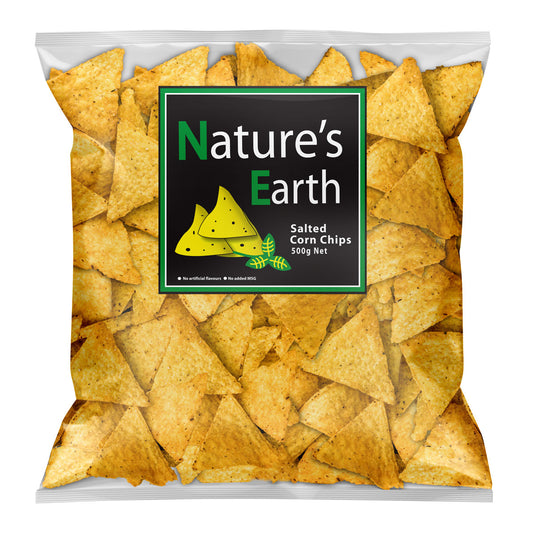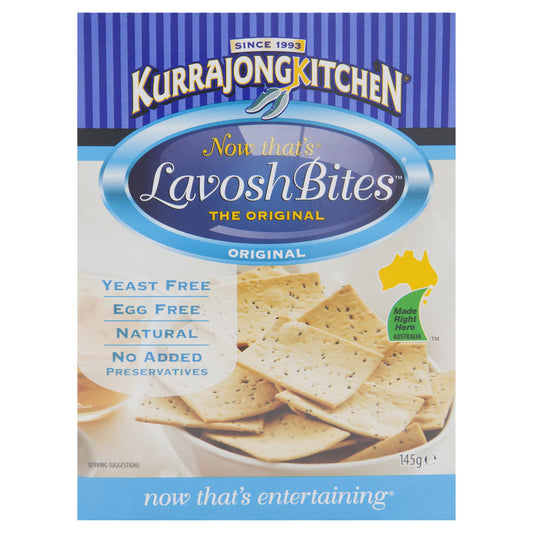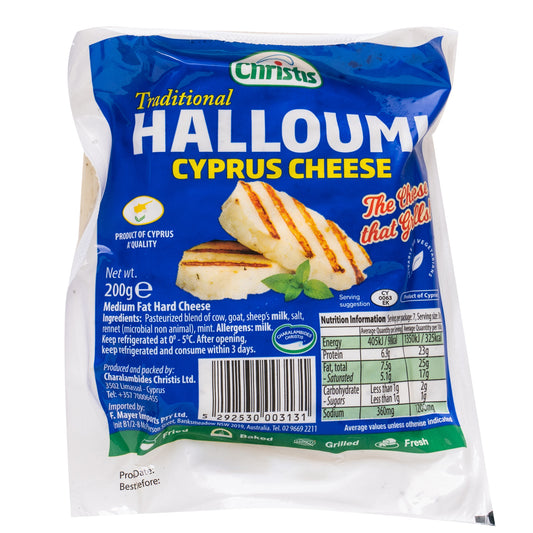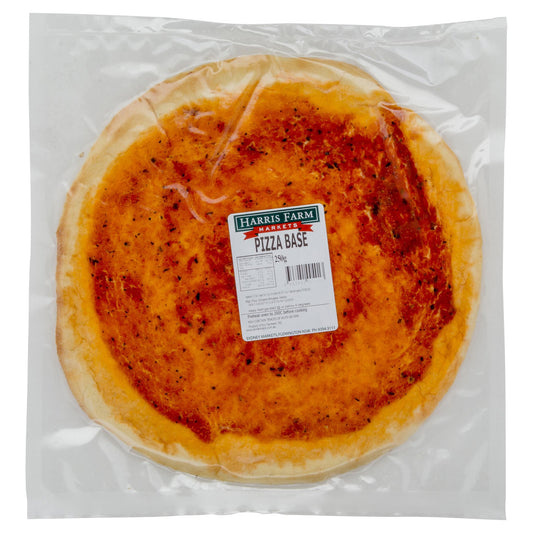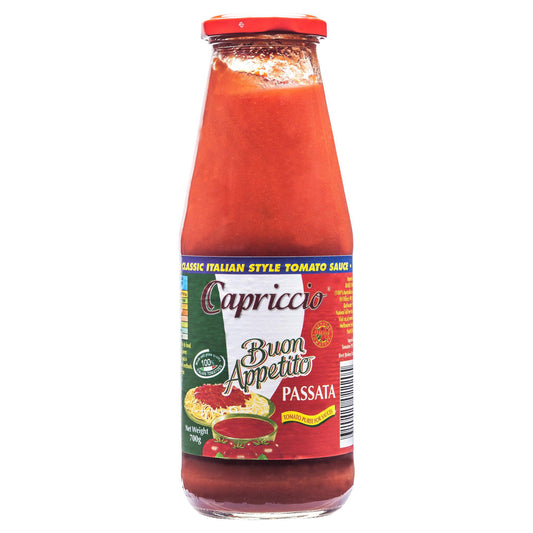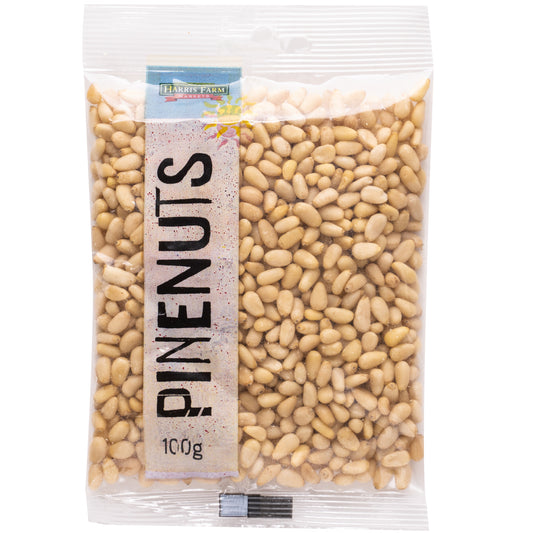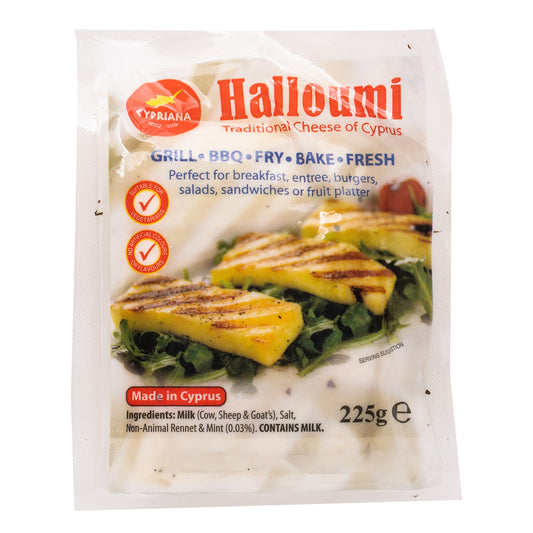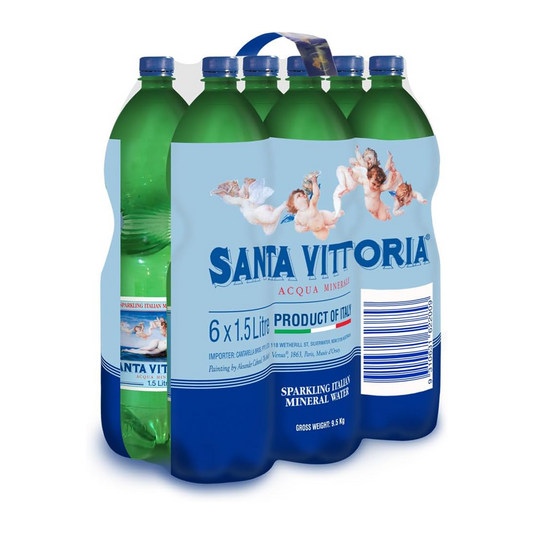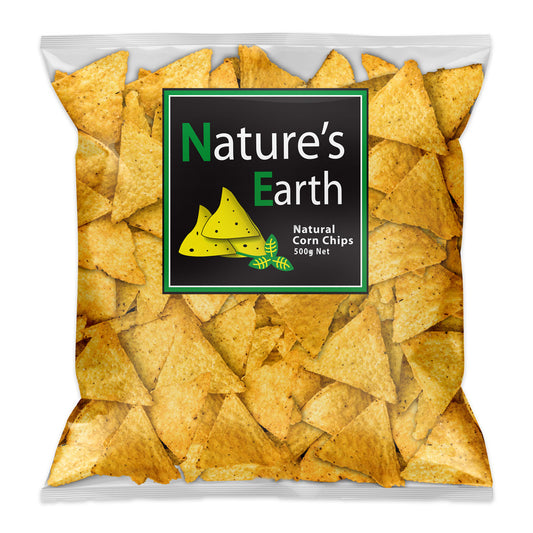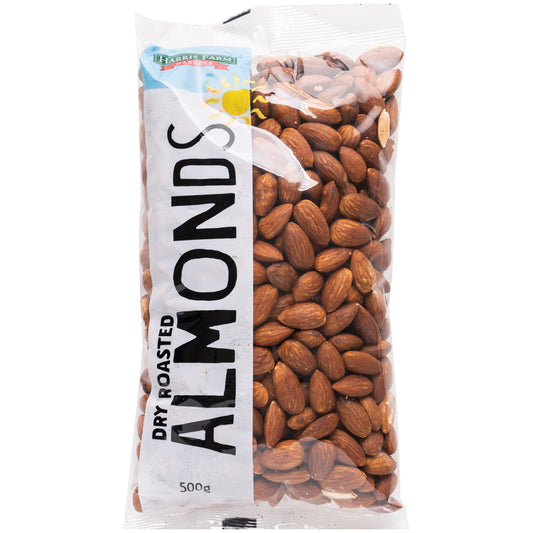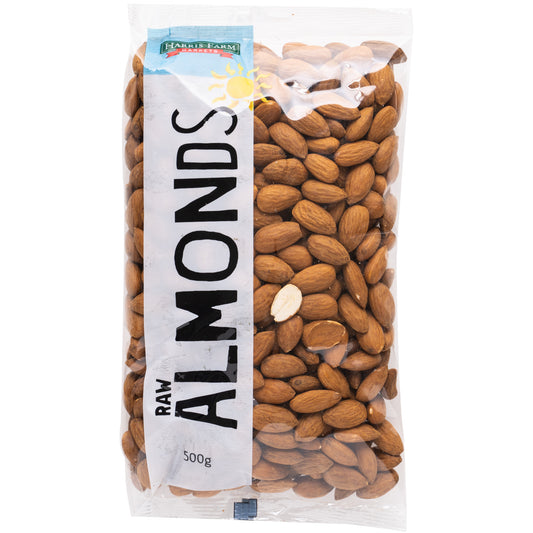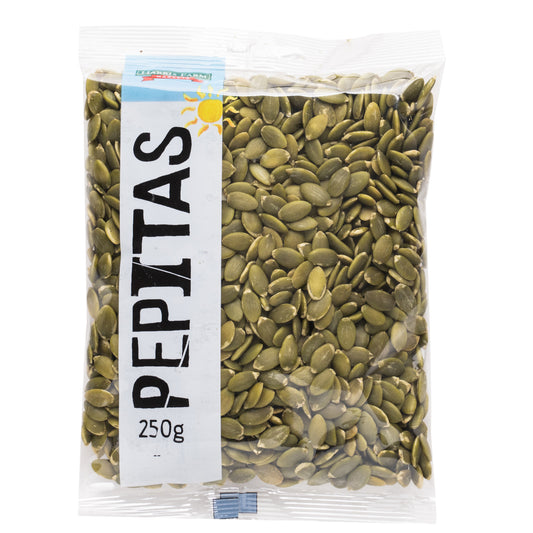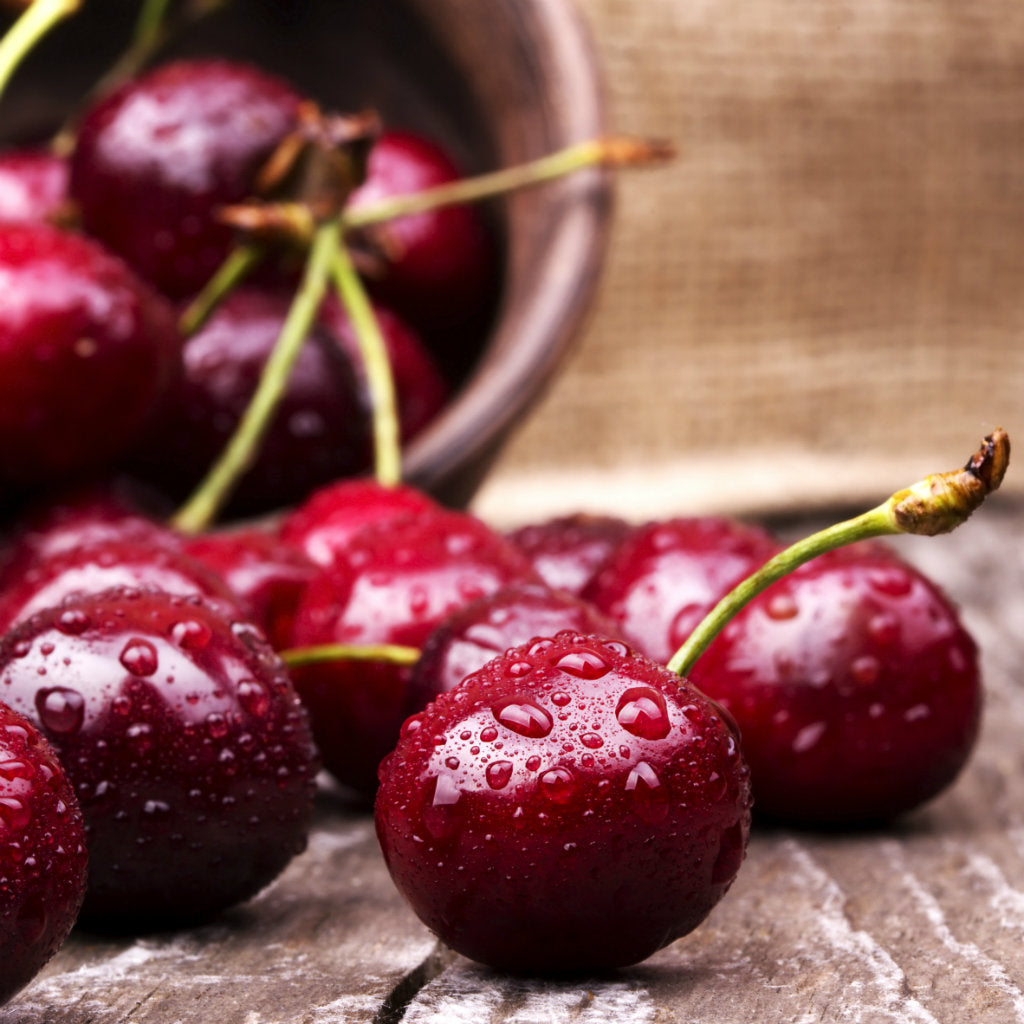
Cherries are a guilt-free indulgence with only 250 kilojoules (60 calories) per 100 grams, no fat or cholesterol. They provide a good source of Vitamin C and a source of potassium and fibre.
Cherries are a power-packed food loaded with anthocyanins – the antioxidants responsible for their deep red colour – and other flavonoid antioxidants such as quercetin and kaempferol. Eating foods rich in antioxidants, such as cherries, may help reduce and neutralise free radicals and slow the signs of skin ageing.
HOW TO PICK
Depth of color is more important than the particular shade of red. Look for fruits with deep, dark saturation. If the stem is intact, a bright green color indicates freshness; however, a lack of stem doesn't necessary mean the cherries are low quality. Red cherries should also be firm. Wrinkling along the shoulders near the stem means the cherries have sat at room temperature; they may still be sweet, but are probably not at peak freshness.
HOW TO STORE
Cold storage is key to keeping cherries fresh. According to a cherry expert we spoke to, cherries can lose more quality in one hour at room temperature than a day in the refrigerator. Thus, get your cherries in the fridge as soon as possible, preferably wrapped in a plastic bag.
Wash them with cold water just before eating. Avoid washing prior to storage, as moisture can be absorbed where the stem meets the fruit and lead to splits or spoilage.
Cherries can also be frozen. Pit them if you wish, or keep them whole with stems intact. Spread them in a single layer on a baking sheet, freeze until firm, and then place in a bag or container.









